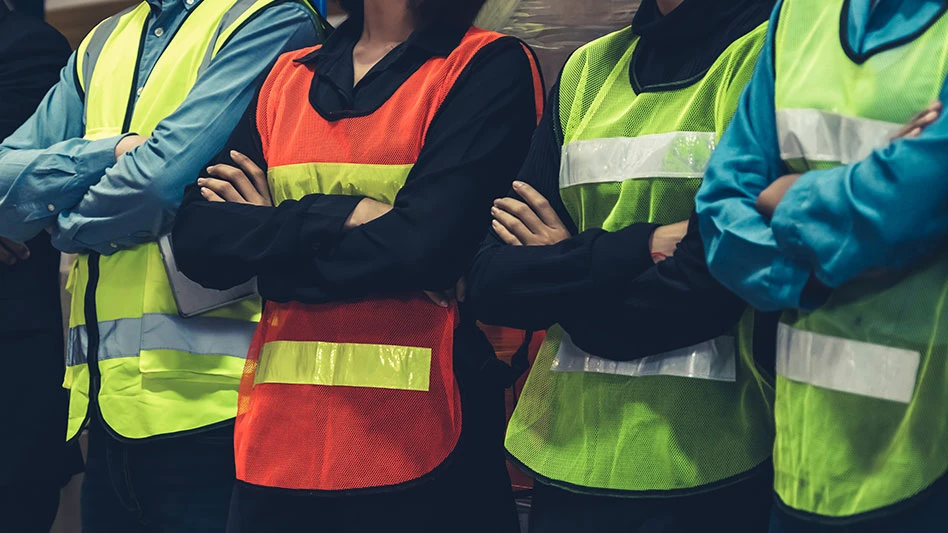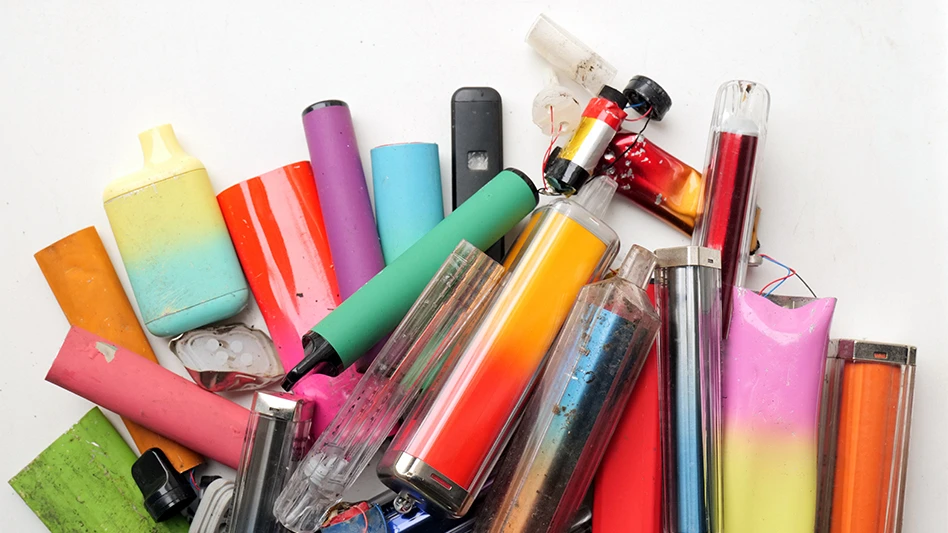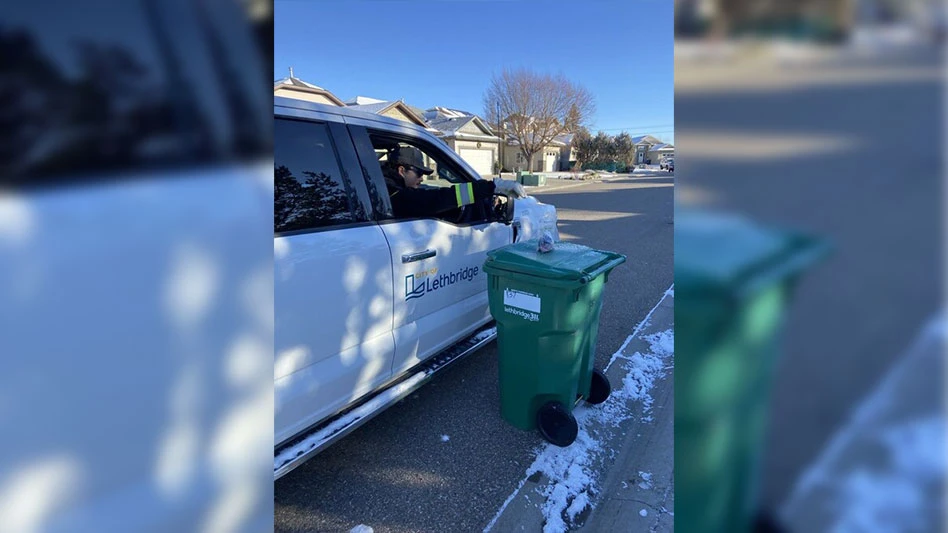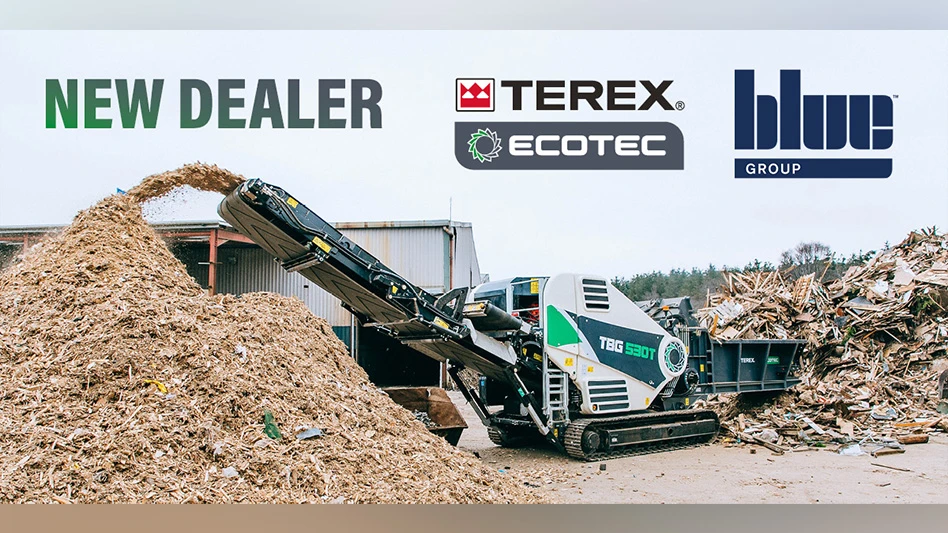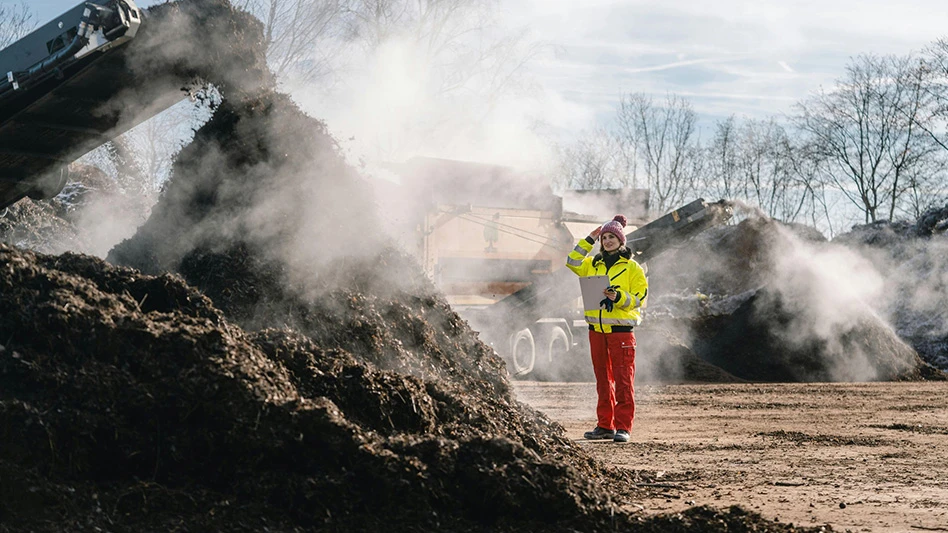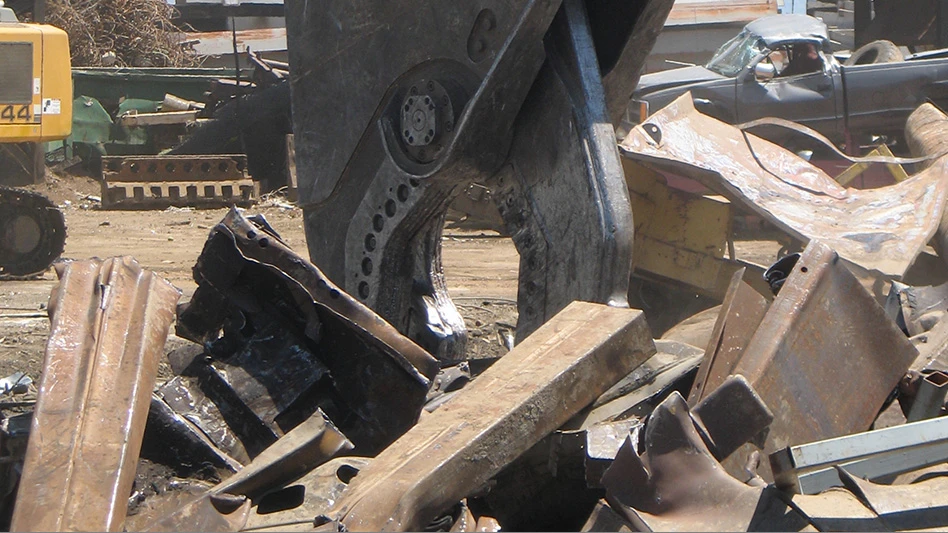The Restaurant Action Alliance of New York City (RAANYC), which is an organization composed of minority restaurant owners, managers and workers, and a coalition of restaurant owners joined foam manufacturers, recyclers and food service industry leaders to announce the filing of a lawsuit against the de Blasio administration that seeks to block the city’s second attempt to ban polystyrene foam. The city claims that polystyrene foam is not recyclable, but the coalition says postconsumer foam is being recycled across the globe.
The complaint says the city cherrypicked critical information to suit its narrative in crafting the latest Department of Sanitation Determination (DSNY) issued May 12, 2017, and flouted a previous directive from the New York State Supreme Court.
“Once again, Mayor de Blasio and his Sanitation Commissioner have ignored the facts confirmed by environmental scientists, food service manufacturers, recycling industry participants and independent experts that prove expanded polystyrene foam is recyclable– facts already found by a New York court but ignored by city officials,” says Randy Mastro, the lead attorney for the coalition’s lawsuit. “The de Blasio Administration should comply with the court’s directive, drop its latest misguided attempt to ban soft foam and implement the comprehensive recycling program proposed and financially supported by industry participants. Indeed, a comprehensive program recycling all polystyrene will be more environmentally effective and economically feasible than a limited soft foam ban alone, saving the city millions of dollars in landfill costs and protecting the many smaller restaurant businesses that depend upon cost-effective soft foam food service items to survive.”
Mastro says the coalition is prepared to defend vigorously its suit against the city.
The lawsuit, which was filed in State Supreme Court, urges the city to forego its plans to ban foam in early November and instead establish a postconsumer recycling program.
In September 2015, the Supreme Court ruled that foam is recyclable and halted the de Blasio Administration’s previous attempt to ban foam products. The court also directed the city to reissue a determination consistent with its findings.
According to a study by the independent Berkeley Research Group, Emeryville, California, the cost of foam alternatives for businesses and consumers is more than $51 million annually.
“Foam containers are essential to the operations of Caribbean, Asian and other ethnic restaurants. In fact, for many of us, 40 to 60 percent of our business model relies on takeout orders. If the city moves forward with this ban, it will surely increase our costs of doing business at a time when many small restaurant owners are fighting for survival. We urge the mayor to reconsider his foam ban,” says Akisha Freeman, president of the RAANYC.
Freeman says that the RAANYC supports Intro 1480, legislation in the city council that would establish a curbside program to recycle polystyrene foam across the city.
“Once again, New York City is ignoring the facts that prove polystyrene foam can be recycled—a denial that is costing the city a significant economic windfall through a combination of recycling revenue and landfill avoidance,” Alan Shaw, president of Plastics Recycling Inc., Indianapolis, says. “We urge Mayor de Blasio to consider the facts of foam recycling.”
A proposed ban would adversely impact New York City’s finances by $11.2 million annually in added procurement costs for plastic foam substitutes while continuing the city’s costs to landfill foam, the alliance says. The proposed ban covers a more than 20 percent of polystyrene waste, which means nearly 80 percent will continue to be shipped and landfilled.
Moving to a 100 percent recycling program would save millions of dollars in avoided landfill costs and generate millions of dollars in revenue annually, the alliance says. In addition, a curbside polystyrene foam recycling program would help achieve the mayor’s OneNYC goals for zero waste and greenhouse gas reduction.
The complaint says the city cherrypicked critical information to suit its narrative in crafting the latest Department of Sanitation Determination (DSNY) issued May 12, 2017, and flouted a previous directive from the New York State Supreme Court.
“Once again, Mayor de Blasio and his Sanitation Commissioner have ignored the facts confirmed by environmental scientists, food service manufacturers, recycling industry participants and independent experts that prove expanded polystyrene foam is recyclable– facts already found by a New York court but ignored by city officials,” says Randy Mastro, the lead attorney for the coalition’s lawsuit. “The de Blasio Administration should comply with the court’s directive, drop its latest misguided attempt to ban soft foam and implement the comprehensive recycling program proposed and financially supported by industry participants. Indeed, a comprehensive program recycling all polystyrene will be more environmentally effective and economically feasible than a limited soft foam ban alone, saving the city millions of dollars in landfill costs and protecting the many smaller restaurant businesses that depend upon cost-effective soft foam food service items to survive.”
Mastro says the coalition is prepared to defend vigorously its suit against the city.
The lawsuit, which was filed in State Supreme Court, urges the city to forego its plans to ban foam in early November and instead establish a postconsumer recycling program.
In September 2015, the Supreme Court ruled that foam is recyclable and halted the de Blasio Administration’s previous attempt to ban foam products. The court also directed the city to reissue a determination consistent with its findings.
According to a study by the independent Berkeley Research Group, Emeryville, California, the cost of foam alternatives for businesses and consumers is more than $51 million annually.
“Foam containers are essential to the operations of Caribbean, Asian and other ethnic restaurants. In fact, for many of us, 40 to 60 percent of our business model relies on takeout orders. If the city moves forward with this ban, it will surely increase our costs of doing business at a time when many small restaurant owners are fighting for survival. We urge the mayor to reconsider his foam ban,” says Akisha Freeman, president of the RAANYC.
Freeman says that the RAANYC supports Intro 1480, legislation in the city council that would establish a curbside program to recycle polystyrene foam across the city.
“Once again, New York City is ignoring the facts that prove polystyrene foam can be recycled—a denial that is costing the city a significant economic windfall through a combination of recycling revenue and landfill avoidance,” Alan Shaw, president of Plastics Recycling Inc., Indianapolis, says. “We urge Mayor de Blasio to consider the facts of foam recycling.”
A proposed ban would adversely impact New York City’s finances by $11.2 million annually in added procurement costs for plastic foam substitutes while continuing the city’s costs to landfill foam, the alliance says. The proposed ban covers a more than 20 percent of polystyrene waste, which means nearly 80 percent will continue to be shipped and landfilled.
Moving to a 100 percent recycling program would save millions of dollars in avoided landfill costs and generate millions of dollars in revenue annually, the alliance says. In addition, a curbside polystyrene foam recycling program would help achieve the mayor’s OneNYC goals for zero waste and greenhouse gas reduction.
Latest from Recycling Today
- Phoenix Technologies closes Ohio rPET facility
- EPA selects 2 governments in Pennsylvania to receive recycling, waste grants
- NWRA Florida Chapter announces 2025 Legislative Champion Awards
- Goldman Sachs Research: Copper prices to decline in 2026
- Tomra opens London RVM showroom
- Ball Corp. makes European investment
- Harbor Logistics adds business development executive
- Emerald Packaging replaces more than 1M pounds of virgin plastic
